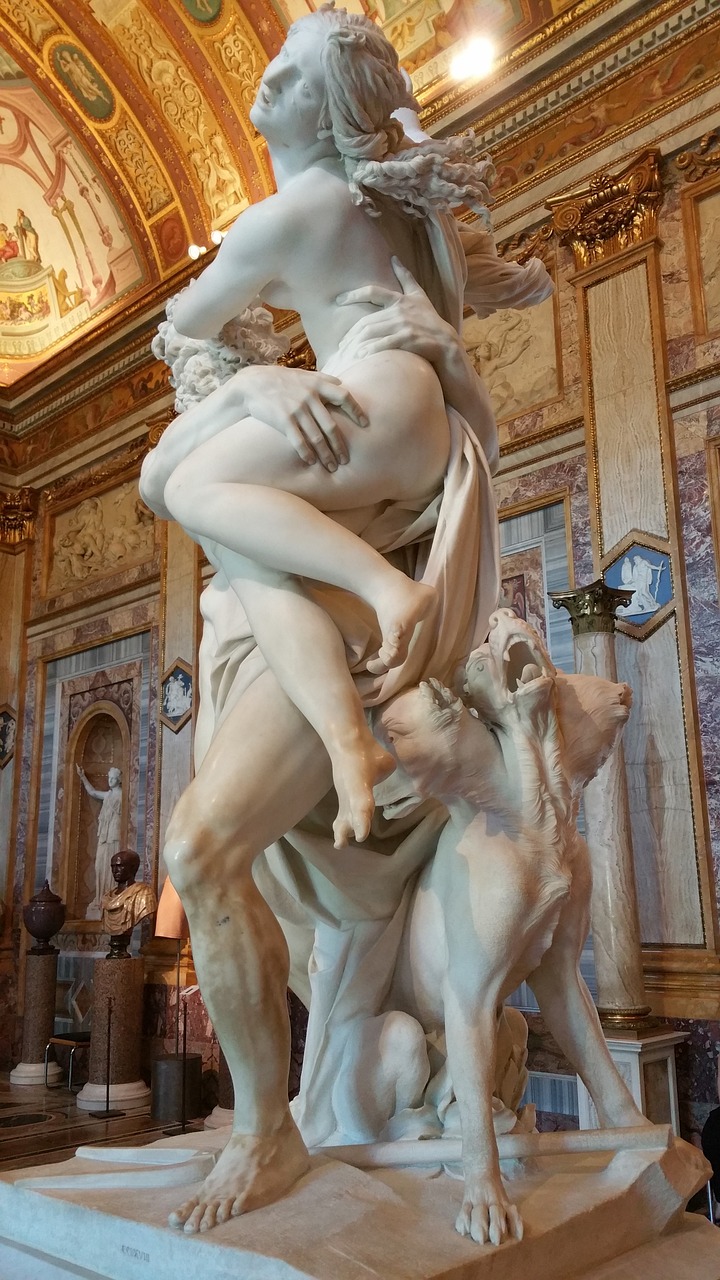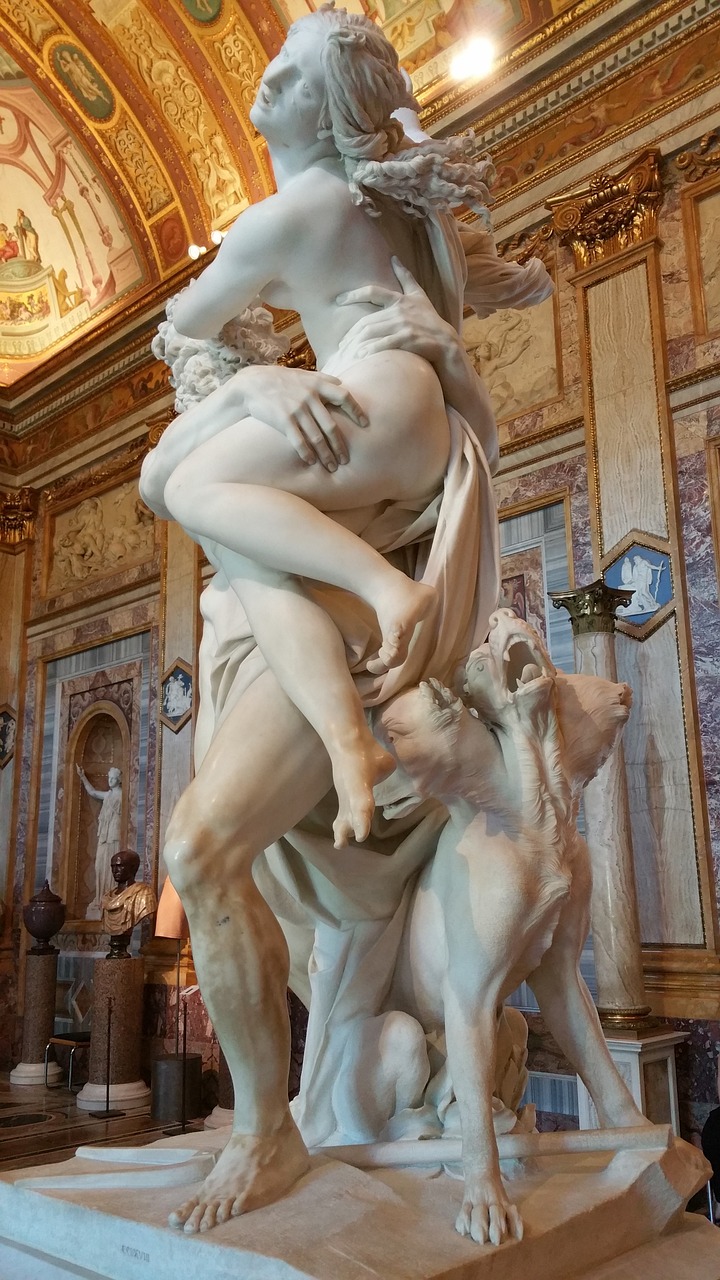Roman Mythology
-
Posted By Paula Morris Sunday, February 24, 2013 Updated: Monday, February 25, 2013 I never considered myself “phobic”. I believed I adopted a sensible approach rather than being fearful, especially when avoiding dark alleyways or wearing stilettos on icy paths. While I wasn’t fond of spiders, my reaction while photographing a severely irritated eye with…
-

January 1 is often marked by a mixture of reflection and anticipation—pondering choices made during the previous night’s celebrations while simultaneously embracing aspirations for the year to come, like renewing fitness goals or organizing financial documents. This common practice of evaluation and hope aligns well with the essence of January, a month named for Janus,…
-

Understanding Quirinus: Key Insights for Your Test Quirinus is a significant Roman deity tied to warfare and the safeguarding of the Roman state. Emerging from Sabine origins, this god illustrates the early Roman religion’s flexibility and its tendency to assimilate deities from neighboring cultures. Quirinus represents themes of military strength and civic responsibility, highlighting how…
-

Ceres: The Roman Goddess of Agriculture and Fertility Overview Ceres stands as the Roman goddess of grain and fertility, particularly in agriculture. Her influence stretches beyond the realm of crops to encompass motherhood, lawfulness, and the safeguarding of the Roman commoners, known as the plebeians. Much of what is known about Ceres draws heavily from…
-

Dear friends, I’m excited to present to you this second post. In my prior entry, I mentioned how quickly time has passed, preventing me from completing a comprehensive series on the history of Halowe’en. Today, I’d like to delve into a particular aspect that, while not entirely my own words, draws heavily from Ovid’s beautiful…
-

Overview Pluto, the primary deity of the Roman underworld, held a significant position among the chthonic gods. He represented not only the dead but also governed the wealth hidden beneath the earth in ores, metals, and precious stones. Renowned for his immense power, Pluto also played a crucial role in determining mortal destinies. Often associated…
-

In Roman mythology, Proserpina, known as Persephone in Greek mythology, is a goddess associated with both the changing seasons and the underworld. Her impact extends beyond mere mythology, permeating various cultures and belief systems throughout history. Proserpina’s abduction by Pluto and her reign in the underworld exemplify her dual role as the Queen of the…
-

Thanatos: The Personification of Non-Violent Death Overview Thanatos, the embodiment of gentle death, represents a serene transition out of life, in contrast to the violent and chaotic deaths associated with his sisters, the Keres. He shares an affinity in character with Hypnos, the god of sleep, emphasizing a calm departure akin to drifting into slumber.…
-

Aesthetic Representations of Diana in Art The collection of artworks centered around the figure of Diana, the Roman goddess of the hunt and nature, encompasses a variety of themes and styles. Among these are paintings depicting scenes of her companionship with nymphs, dramatic moments of her encounters, and tranquil representations of her in repose. Notable…
-

Eris: The Goddess of Strife in Greek Mythology Eris, known as the embodiment of strife and discord, occupied a significant role within the pantheon of Greek mythology. Commonly associated with conflict and rivalry, she was particularly noted for the turmoil brought forth during the chaos of war. Her character was often linked to bloodshed and…


